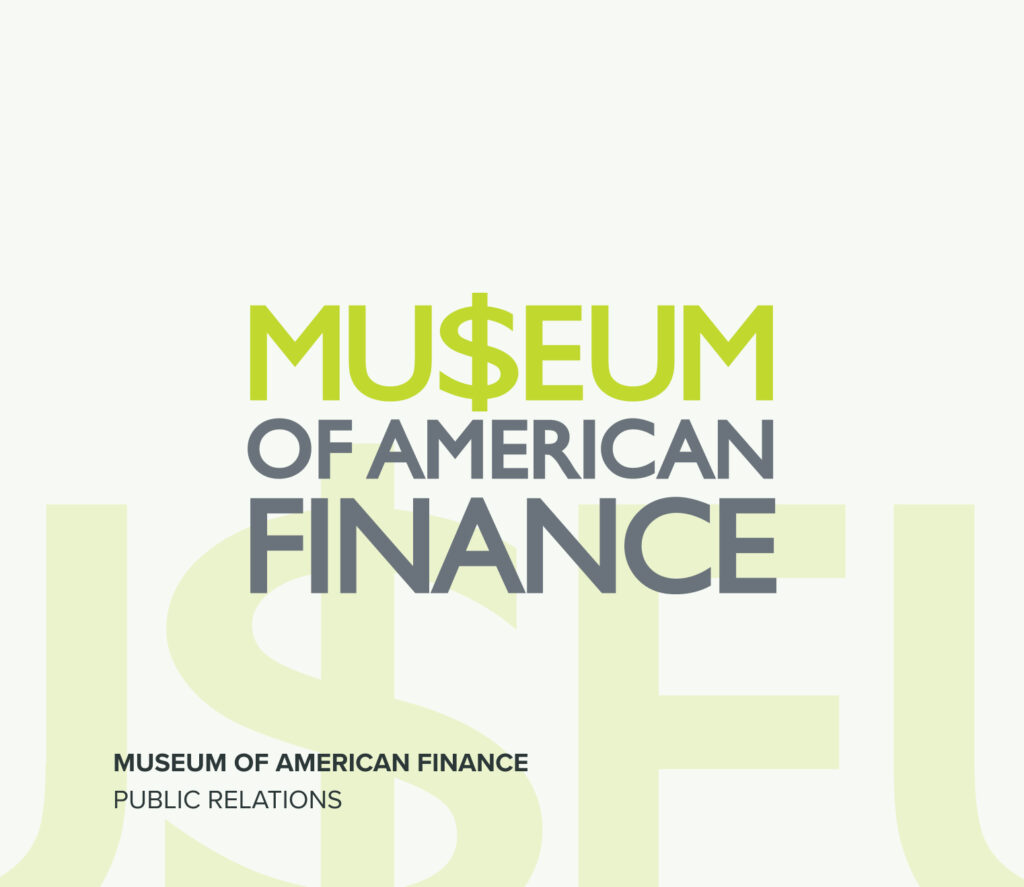The Future of Crypto
A firestorm of sorts has gathered around recent Securities and Exchange Commission (SEC) action against two of the world’s largest crypto exchanges — Coinbase and Binance. SEC Chair Gary Gensler claims that products offered by these exchanges are securities and that these firms failed to register them and themselves properly. Coinbase CEO Brian Armstrong, among others, has criticized Gensler’s characterization of reality, claiming that anyway the SEC has failed to clearly state its requirements. Since crypto these days has at most spotty support in Washington, the odds of success lie with Gensler.
In one important sense, crypto should hope that Gensler gets his way – that crypto products become formally characterized as securities and remain under the jurisdiction of the SEC. This resolution of matters would fall far short of the status crypto seems to want – to become a form of money in competition with state-issued currencies. But such a status would only bring crypto more regulatory trouble than it has with the SEC and from much more formidable opponents – the Federal Reserve (Fed) and other central banks.
This issue and the danger to crypto revolves around the monopoly power presently enjoyed by the Fed over the issue of money in this country, what bankers and economists call seigniorage. Because the dollar is the only widely accepted means of exchange in the country, individuals and businesses necessarily hold balances in it. To gather those holdings, these people and businesses exchange real goods and services for the currency, whether in paper or digital form. Such exchanges are necessarily indirect but ultimately accrue to the benefit of the Fed and through it to the government in Washington. And because the dollar is still the premier international currency, Washington’s seigniorage leverage extends beyond the United States across the globe. Washington might tolerate small inroads into this monopoly power, but at base it does not and will not share it with private exchanges that claim to offer an alternative to the dollar.
Some crypto arrangements are entirely harmless in this respect. They offer tokens connected to some other asset of directly to the dollar. As such, they are little more than frequent-flier miles or redeemable credits offered by many credit cards. They extend the reach of straightforward dollar currency and get a small amount of seigniorage while the credits they offer lie idle, but they present no challenge to the Fed’s ultimate power as issuer of the dollar. Other cryptos, however, present themselves as an entirely independent alternative to the dollar and could, with wider acceptance, invite pushback from the Fed and Washington more generally.
To date, that dangerous success has eluded these crypto products. To be sure, they have gained some transactions and some adherence, but it exaggerates to say that their use is widespread. Accordingly, they have avoided pushback from the Fed or any other central bank, except the People’s Bank of China (PBOC), which has already banned crypto in its jurisdiction. They have not made further inroads because to date they have failed to offer the stability that might establish them as a relatively reliable store of value and so a challenging currency. Take for example the oldest, Bitcoin. Far from stability, its history almost defines the word volatility. Over the course of 2017, for instance, the dollar price of Bitcoin soared some 1,400 percent only to crash 75 percent to February 2019. Its price then soared almost 190 percent to October 2021 only to fall 73 percent by the end of 2022. Bitcoin’s price then rose about 80 percent through April of this year after which it gave up some 11 percent through mid-June only to recover in the closing days of the month. These kinds of price swings have made Bitcoin and other such products wonderful speculative vehicles, but hardly money. Effectively they are what the SEC contends they are.
(Some have argued that the dollar not Bitcoin is the volatile product. Making a binary comparison to Bitcoin, these people claim that the dollar has made the swings relative to Bitcoin. That argument is clever but would be convincing only if dollars and Bitcoin were alone in the world. But when comparing Bitcoin to the real value of goods, services, and wages, it is apparent that it is Bitcoin and not the dollar that is most volatile.)
Should Bitcoin or any other independent alternative currency achieve the stability that might offer it widespread acceptance as a medium of exchange and store of value, it would then begin to challenge the Fed’s monopoly. Even if that met the ambitions of crypto proponents, it would certainly elicit Fed pushback. And because the Fed and Washington treasure their monopoly power over money, their actions against such a competitor would make the SEC’s demands look like proverbial child’s-play. Today, crypto wants to claim special status against the SEC, but given this prospect, it might give a care to what it wishes.
Is this prospect fair? Probably not. There is no reason why the Fed and the government in Washington should have such a monopoly. Perhaps people should have alternatives to the dollar. Perhaps such competition would inspire monetary policymakers at the Fed to do a better job. But for all notions of fairness or what ought to be, the reality is that the Fed and Washington have no desire to cede their monopoly power and will crush any significant challenge to it. The prospect might well tell crypto to give up on its larger ambition and settle for securities status under the SEC.


